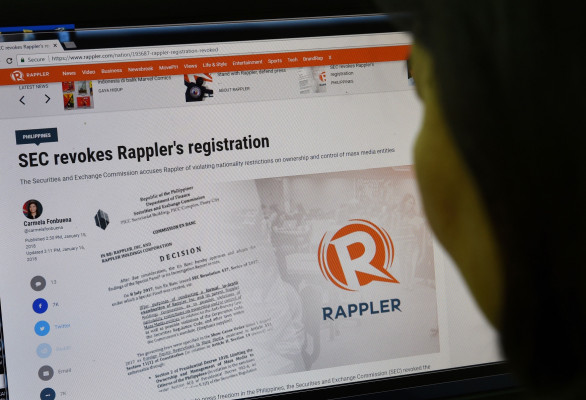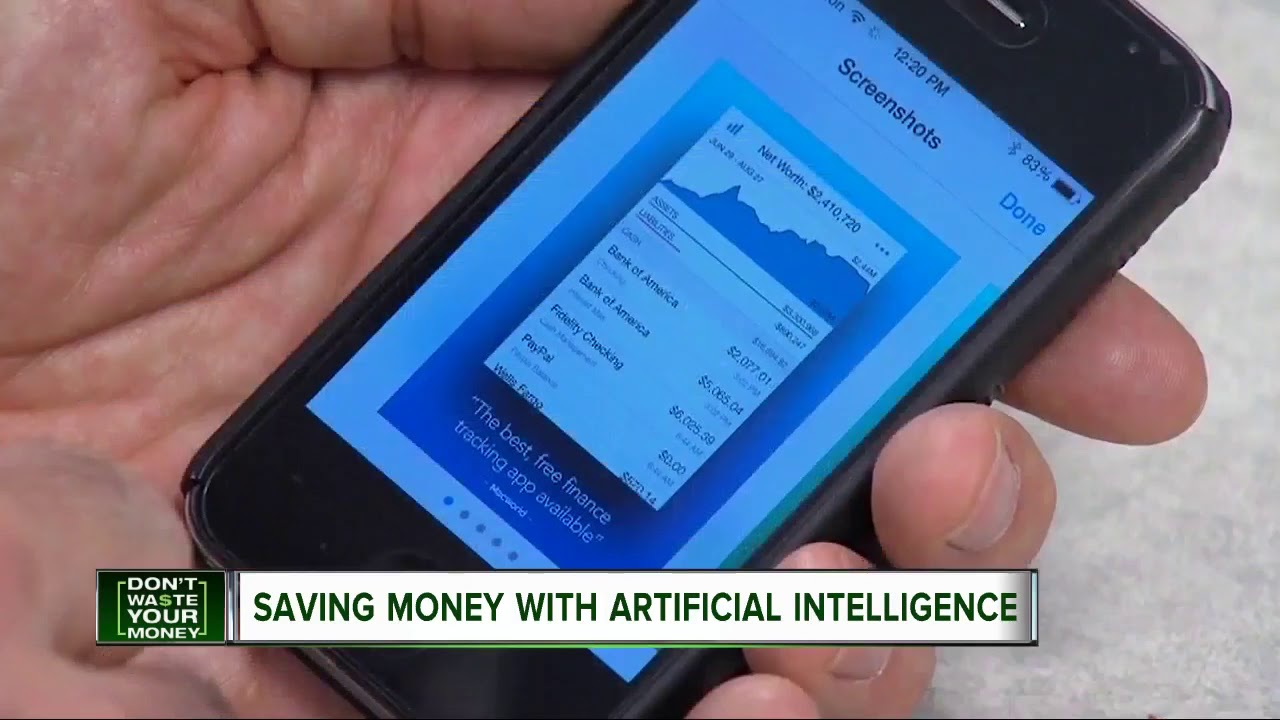There’s serious concern around press freedom in the Philippines after Maria Ressa, the CEO of independent media company Rappler, was arrested last night.
Ressa, who was CNN’s bureau chief in Manila and then Jakarta prior to starting Rappler in 2011, was arrested on cyber libel security charges for an article published in 2012, according to Rappler. The article in question centers around alleged links between Supreme Court Justice Renato Corona and wealthy businessmen around the time of his impeachment.
Wilfredo Keng, a Chinese-born Filipino named in the article, filed a lawsuit in protest at reports that he lent the justice a vehicle and allegations linking him to illegal activities. The National Bureau of Investigation last year concluded it had grounds to file a criminal complaint around the libel claim. That’s despite the fact that the law used to prosecute Rappler and Ressa was passed months after the story was published.
Rappler reports that Ressa, a Time Person Of The Year, was denied bail and spent the night in prison.
Update: Ressa has since been released on bail
Rappler has made its name for its forward-thinking digital-first reporting but also, in no small way, for reporting criticism of controversial President Rodrigo Duterte. Elected in 2016, Duterte has made international headlines for policies that include a violent war on drugs while his diplomatic controversies have included homophobic slurs against diplomats and calling then U.S. President Barack Obama a “son of a whore.”
Duterte has clashed with Rappler regularly. He has accused it of being funded by the CIA and regularly referred to its reporting as ‘fake news’, while Ressa has regularly spoken out against the President in international circles. In a 2016 Bloomberg interview, she detailed how the Duterte administration had turned Facebook into a “weapon” and utilized “patriotic trolling” to silence critics online.
This is far from the first threat to Rappler’s business. Last year, the Philippines’ Securities and Exchange Commission (SEC) revoked its registration for an alleged breach of the country’s constitution.
The SEC’s issue centered around the ownership of Rappler. The company has taken investment from Omidyar Network, the philanthropic fund from former eBay founder Pierre Omidyar, and North America-based media fund North Bridge Media, which counts Quora and Disqus among its portfolio.
Philippines law forbids any overseas ownership of media companies, but Rappler claims its investors used a Philippine Depositary Receipt (PDR) to invest. PDRs don’t provide voting equity or board membership, making them a vehicle for media investments in the country. National broadcaster ABS -CBN is among others to have used them.
There’s plenty of cause for concern over media freedom in Southeast Asia. Two Reuters reporters in Myanmar were arrested in December 2017 and later sentenced to seven years in jail for handling state secrets. The duo, Wa Lone and Kyaw Soe Oo, published an investigation that exposed the execution of 10 Rohingya men by Buddhist villagers and members of the national army.
![]()
Jon Russell
Source link


